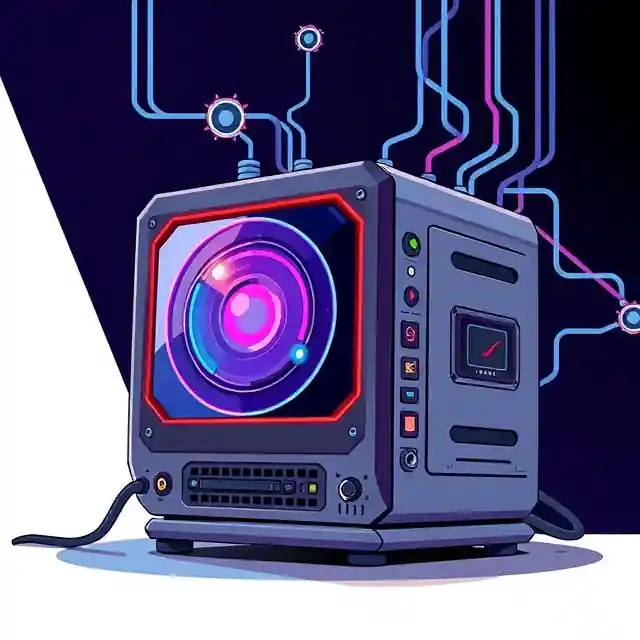IonQ's Billion-Dollar Bet: What the Oxford Ionics Deal Means for the Quantum Future

With a $1.08B acquisition of UK-based Oxford Ionics, IonQ accelerates its lead in the quantum computing race—merging distinct technologies in a bold bid for supremacy.
Takeaways
-
IonQ’s acquisition of Oxford Ionics is valued at ~$1.08 billion, a landmark deal in quantum tech.
-
The merger blends trapped-ion hardware (IonQ) with photonic control systems (Oxford Ionics).
-
It reflects a growing consolidation trend in the quantum industry amid fierce global competition.
-
The deal positions IonQ as a leader in next-gen scalable, error-tolerant quantum computing.
What’s worth over a billion dollars and can’t be seen with the naked eye? The future of computing.
In a major move that reshapes the contours of the quantum computing landscape, IonQ—a U.S. quantum computing company—has announced its acquisition of UK-based Oxford Ionics for approximately $1.08 billion. This isn’t just a headline-grabbing number; it’s a signal flare in the escalating global race for quantum supremacy.
The Quantum Convergence
IonQ is known for its trapped-ion approach, a method where individual atoms serve as quantum bits (qubits), controlled via laser pulses. It’s precise but complex. Oxford Ionics, on the other hand, brings to the table its patented electronic-photonic control systems, which could replace traditional laser-heavy setups with chip-scale solutions—making quantum systems easier to scale, miniaturize, and stabilize.
The acquisition is a marriage of hardware elegance and engineering pragmatism: IonQ’s high-fidelity quantum processors gain a partner with scalable control technology. In simple terms, this could be the quantum world’s version of adding rocket boosters to a high-performance aircraft.
Why It Matters Now
Quantum computing has long been hyped, but we’re now at the cusp of a commercial pivot. Tech giants like IBM and Google are pushing toward fault-tolerant quantum machines, while startups and universities worldwide are innovating in hardware and algorithms. Governments, too, are pouring billions into national quantum strategies.
This acquisition reflects the increasing need for companies to consolidate talent, patents, and pathways to profitability. IonQ’s move follows a recent trend: PsiQuantum’s photonic roadmap, Rigetti’s restructuring, and Google’s claim of “quantum supremacy” in 2019. But while others experiment with exotic systems, IonQ is betting on refining and owning the most mature and scalable solution.
The Bigger Picture: Strategy, Not Just Science
Behind the deal is a deeper strategy. IonQ gets access to Oxford Ionics’ European talent pool, IP, and proximity to UK and EU quantum funding initiatives. As global tensions simmer and quantum technologies inch toward national security relevance, this is a smart geopolitical hedge.
Moreover, it reinforces IonQ’s ambition: not just to build a quantum computer, but to own the stack—hardware, control, and applications. If successful, this positions them to serve industries ranging from pharmaceuticals to logistics and cybersecurity.
Still Unsolved
Yet, major questions remain. Can the merged technologies overcome the infamous hurdles of decoherence and error correction? Will the integration create friction or flow? And perhaps most importantly, when will quantum finally move from demo to deployment?
Conclusion with Forward Look
IonQ’s acquisition of Oxford Ionics isn’t just a financial flex—it’s a bet on convergence as the key to quantum readiness. As the industry matures, success won’t come from isolated breakthroughs, but from cohesive, hybrid solutions.
In the coming months, watch for:
-
Integration roadmaps and tech demonstrations from the merged teams.
-
Investor and government responses—especially in the U.S. and UK.
-
Ripple effects across quantum startups, possibly sparking further acquisitions.
One thing is clear: in the quantum race, the future belongs not to the fastest, but to the best integrated.